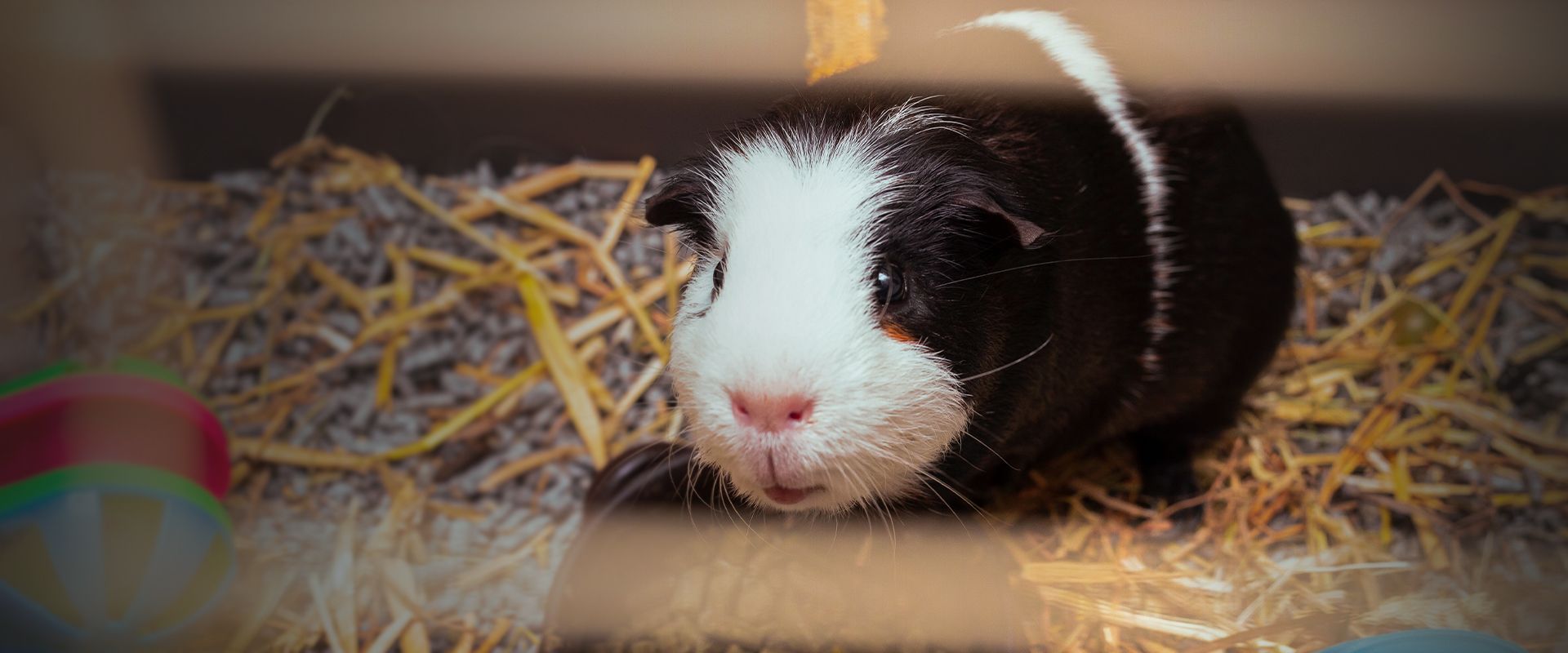Periodontal Disease In Dogs: What You Should Know
We all want our dogs to live long and healthy life, but what do we do when they fall victim to dental disease?
Dental disease is one of the most common health problems in animals, and it can be a severe problem for both pets and their owners. Pet owners should be aware of the importance of dental health for their pets. If left untreated, it can be extremely painful and uncomfortable and may lead to other health issues in our beloved furry companions.
What Is Periodontal Disease?
Periodontal disease in dogs is caused by bacteria that leads to inflammation and damage of the gums, bone, and other structures supporting teeth. In many cases, visible signs of gum disease in dogs—such as bleeding or swelling on the gums and bad breath that won't go away are not present until the disease is in its advanced stages.
Periodontal Conditions In Dogs
Gingivitis:
Gingivitis is a common mouth infection that may be found in most dogs that do not receive meticulous oral hygiene. It is an inflammation of the gums caused by a buildup of plaque on the teeth.
Gingivitis is one of the many factors involved in causing periodontal disease. This condition can be treated by getting rid of the underlying cause- plaque. However, if left untreated, gingivitis can lead to a more severe problem- periodontitis.
Periodontitis:
Periodontitis is a more severe form of dental disease involving inflammation and infection of the periodontal ligament. Eventually, this causes loss of attachment (periodontal pocketing), bone loss, and gingival recession or resorption.
Because it can be difficult to distinguish between loss of soft tissue attachment alone and gingival inflammation, periodontitis is confirmed when evidence of bone loss is present.
If you see evidence of bone loss, consult your vet to determine if periodontitis is present.
Symptoms Of Periodontal Disease
Symptoms of periodontal disease in dogs are not always easy to spot, so it's important to know what to watch for. The following are the most common symptoms of periodontal disease in dogs:
- Discolored teeth
- Bad breath
- Loss of teeth
- Bloody saliva
- Irritability
- Chewing using one side of the mouth
- Red gums
- Difficulty chewing and swallowing
- Dropping food from the mouth when eating
Because dogs tend to hide their pain, it may be too late for treatment when signs of advanced periodontitis appear.
Fortunately, we can prevent our pets from getting periodontal diseases and treat them if caught early.
How To Prevent Periodontal Disease
It's important for your dog to visit the vet regularly, particularly during her growing years. You can also ask any questions you may have about the frequency of professional teeth cleanings (for pets with dental issues) and learn how to care for your pet's mouth at home.
To keep bacteria and plaque from building up on your dog's teeth, brush them daily with toothpaste and a toothbrush made especially for canines.
There are dog treats, chews, and toys that can help reduce the development of plaque. But these are intended to complement, not replace, regular oral care.
If you notice gums that are red, puffy, or swollen; teeth that have fallen out or become loose in their sockets; or a change in your pet's appetite—make an appointment with your dentist immediately.
Ortega Animal Care Center Offers Comprehensive Dental Care For Your Furry Companions
If you bring your pet to Ortega Animal Care Center for dental care, we will thoroughly examine their teeth and gums while under general anesthesia.
We also take dental x-rays to detect problems that may be hidden below the gums. We can handle all kinds of dental procedures, from cleanings and exams to extractions and oral surgery.
Give us a call to book an appointment for your pet's dental care today.

By accepting you will be accessing a service provided by a third-party external to https://oaccpets.com/


